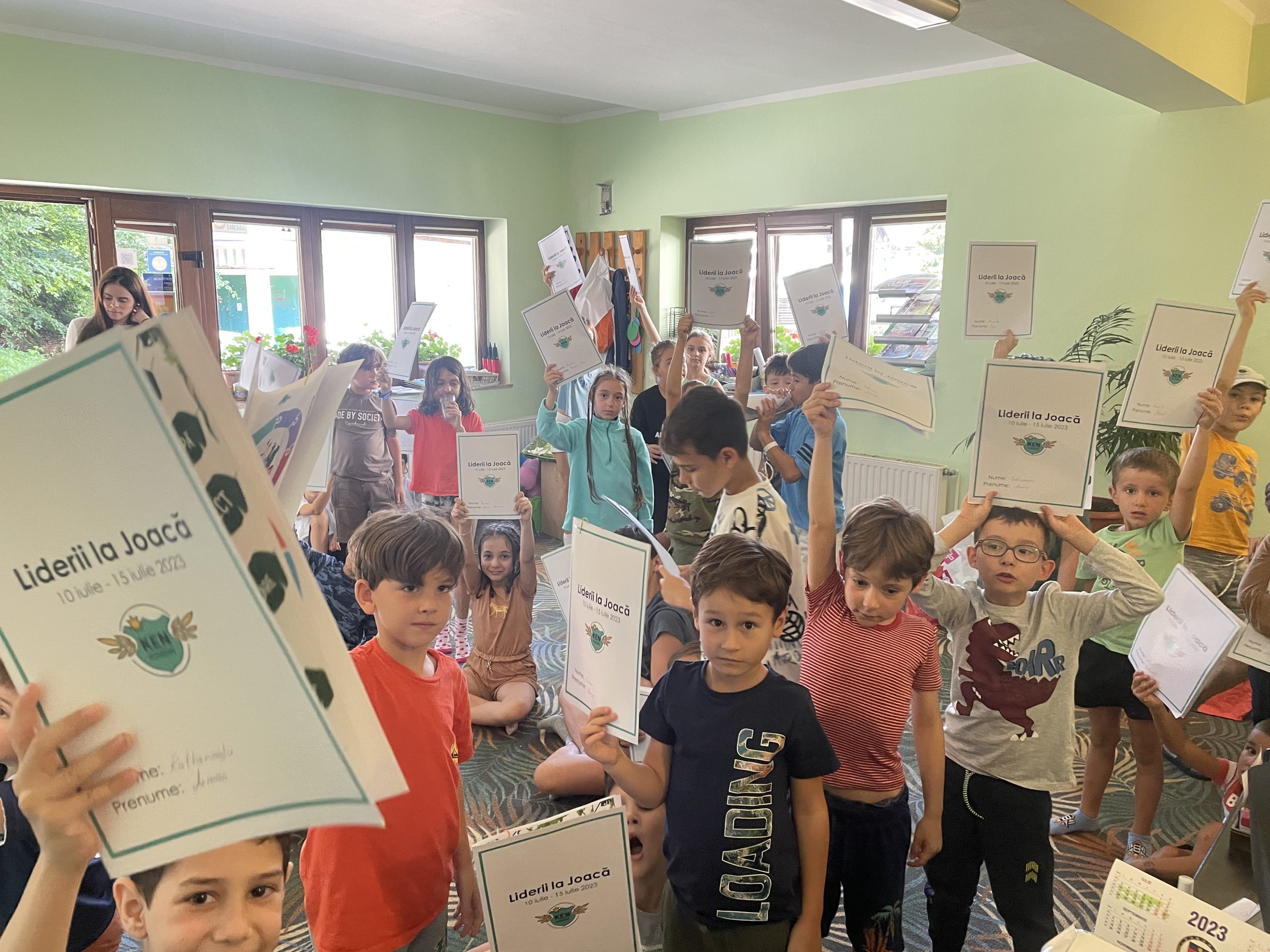
How do we build the right thinking for a dynamic future?
As parents and educators, one of our main goals is to stimulate children's intellectual development. Beyond the acquisition of knowledge, it is essential to encourage higher order thinking skills that enable children to analyze, evaluate and create new things. By giving them space to experience new things and ask questions, you give children the opportunity to form their own opinions and judgements, solve problems and discover things about themselves and the world around them.
Ask thought-provoking questions:
Engage children in meaningful conversations by asking open-ended and thought-provoking questions. Instead of simply looking for factual answers, encourage them to think deeply and critically. Ask questions that require analysis, evaluation and reflection. For example: "Why do you think that character made that decision?" or "What other solution can you find for this problem?". By promoting discussion and encouraging them to justify their opinions, you stimulate higher-order thinking.
Encourage problem-solving activities:
Present children with real-world problems or puzzles that require analytical thinking and problem-solving skills. Whether it's a hands-on science experiment, a difficult math problem, or a complex riddle, encourage them to think critically and come up with creative solutions. Emphasize the process rather than the outcome, allowing them to explore different approaches, make mistakes and learn from them. This cultivates resilience, adaptability and the ability to think outside the box.
Encourage curiosity and inquiry:
Nurture your child's natural curiosity by encouraging him to ask questions and seek answers independently. Provide opportunities for exploration and discovery. Encourage them to research topics of interest, visit museums, go on nature walks or carry out simple experiments. By encouraging a sense of wonder and curiosity, children develop a thirst for knowledge and the motivation to dig deeper, promoting higher order thinking.

Promote divergent thinking:
Divergent thinking is the ability to generate multiple ideas, solutions, or perspectives. Encourage your children to think beyond conventional boundaries and explore various possibilities. Involve them in brainstorming sessions where the quantity and originality of ideas are valued. Encourage them to think creatively, consider alternative points of view and imagine what-if scenarios. This promotes flexibility, adaptability and the ability to approach problems from different angles.
Provide opportunities for reflection and metacognition:
Reflection and metacognition involve reflecting on one's own thought process. Encourage children to reflect on their learning experiences, problem-solving approaches and mistakes. Ask them to identify what worked well and what could have been done differently. By cultivating self-awareness and metacognitive skills, children become more aware of their own thinking strategies, which allows them to improve and refine their higher-order thinking skills.
Encouraging higher order thinking in children is essential to their intellectual growth and future success. By implementing these strategies, you can empower children to think critically, evaluate information, solve complex problems, and approach challenges with creativity and confidence. Remember to provide a supportive environment that values curiosity, exploration and open-mindedness. As we equip children with higher order thinking skills, we empower them to become lifelong learners, innovative thinkers and active contributors to society.
Tag:thinking, dynamic future
